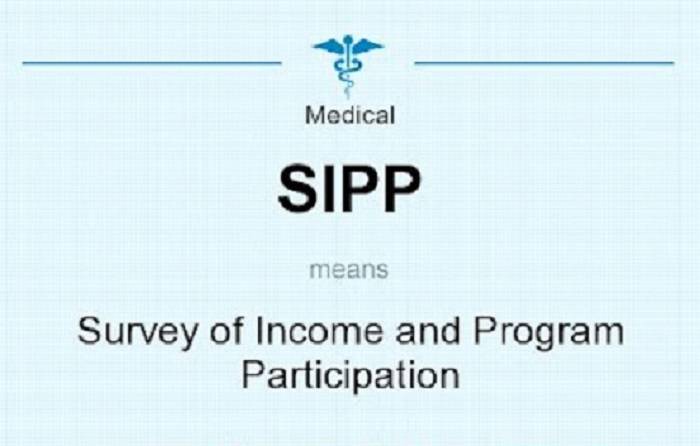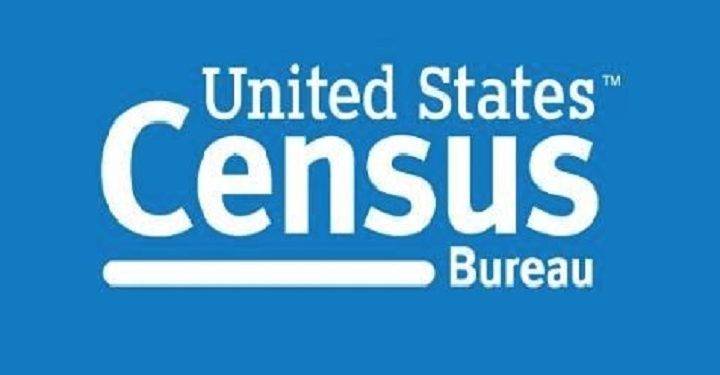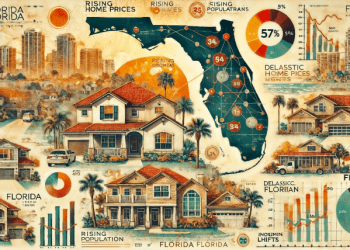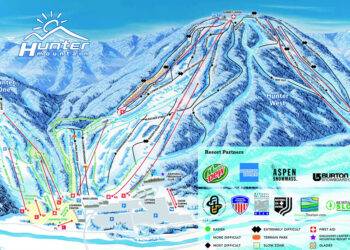In the realm of data-driven decision-making, the United States Bureau of the Census stands as a beacon of invaluable information. This government agency has been collecting and disseminating data for over two centuries, providing a treasure trove of insights into the nation’s demographics, economy, and social landscape. In this comprehensive guide, we delve deep into the vast resources offered by the Census Bureau, uncovering the wealth of information available to researchers, businesses, and the general public.
Understanding the Role of the Census Bureau
Historical Evolution of the Census Bureau

The journey of the Census Bureau traces back to the early days of the United States, with the first official census conducted in 1790. Over the years, the agency has evolved, adapting to the changing needs of the nation and expanding its scope to cover a myriad of topics beyond mere population counts.
Mission and Objectives
At its core, the Census Bureau is charged with collecting and disseminating data to enable informed decision-making. Explore the agency’s mission and objectives, understanding how its work impacts various sectors of society, from government policy formulation to private sector strategies.
The Census Bureau’s Data Collection Methods
Decennial Census
The cornerstone of the Census Bureau’s operations is the decennial census, conducted every ten years. Delve into the intricacies of this massive undertaking, examining how it captures vital information about the population, housing, and demographic trends.
American Community Survey (ACS)
Complementing the decennial census, the American Community Survey provides more frequent and detailed information on a wide range of topics. Uncover the significance of the ACS in capturing nuanced demographic, social, economic, and housing data.
Economic Census
For businesses and policymakers, the Economic Census is a crucial resource. Explore how this comprehensive survey provides detailed insights into the economic landscape, covering industries, businesses, and employment trends.
Survey of Income and Program Participation (SIPP)

Delving into socio-economic dynamics, the SIPP offers a longitudinal perspective on income, poverty, and government assistance programs. Understand how this survey informs discussions on social welfare and economic inequality. Navigating the Census Bureau’s Digital Platforms
Data.gov and API Access
In the digital age, accessing Census Bureau data is easier than ever. Discover the user-friendly features of Data.gov and explore how developers can leverage API access to integrate census data into their applications and analyses.
My Census Experience
For individuals, the My Census Experience platform provides personalized insights into the data collection process. Learn how citizens can contribute to the accuracy of census data and understand the impact of their responses. Challenges and Controversies
Privacy Concerns and Data Security
As the Census Bureau collects vast amounts of sensitive information, concerns about privacy and data security arise. Examine the measures in place to safeguard personal information and the ongoing efforts to balance transparency with privacy.
Undercounting and Representation
One of the longstanding challenges faced by the Census Bureau is undercounting, impacting the fair representation of communities. Explore the implications of undercounting and ongoing initiatives to address this issue.
The United States Bureau of the Census is a vital institution that plays a pivotal role in shaping the nation’s understanding of itself. From the decennial census to specialized surveys, the wealth of data provided by the Census Bureau empowers individuals, businesses, and policymakers to make informed decisions. As technology continues to advance, so too does the accessibility of this valuable information, ensuring that the Census Bureau remains a cornerstone of data-driven decision-making in the United States.











